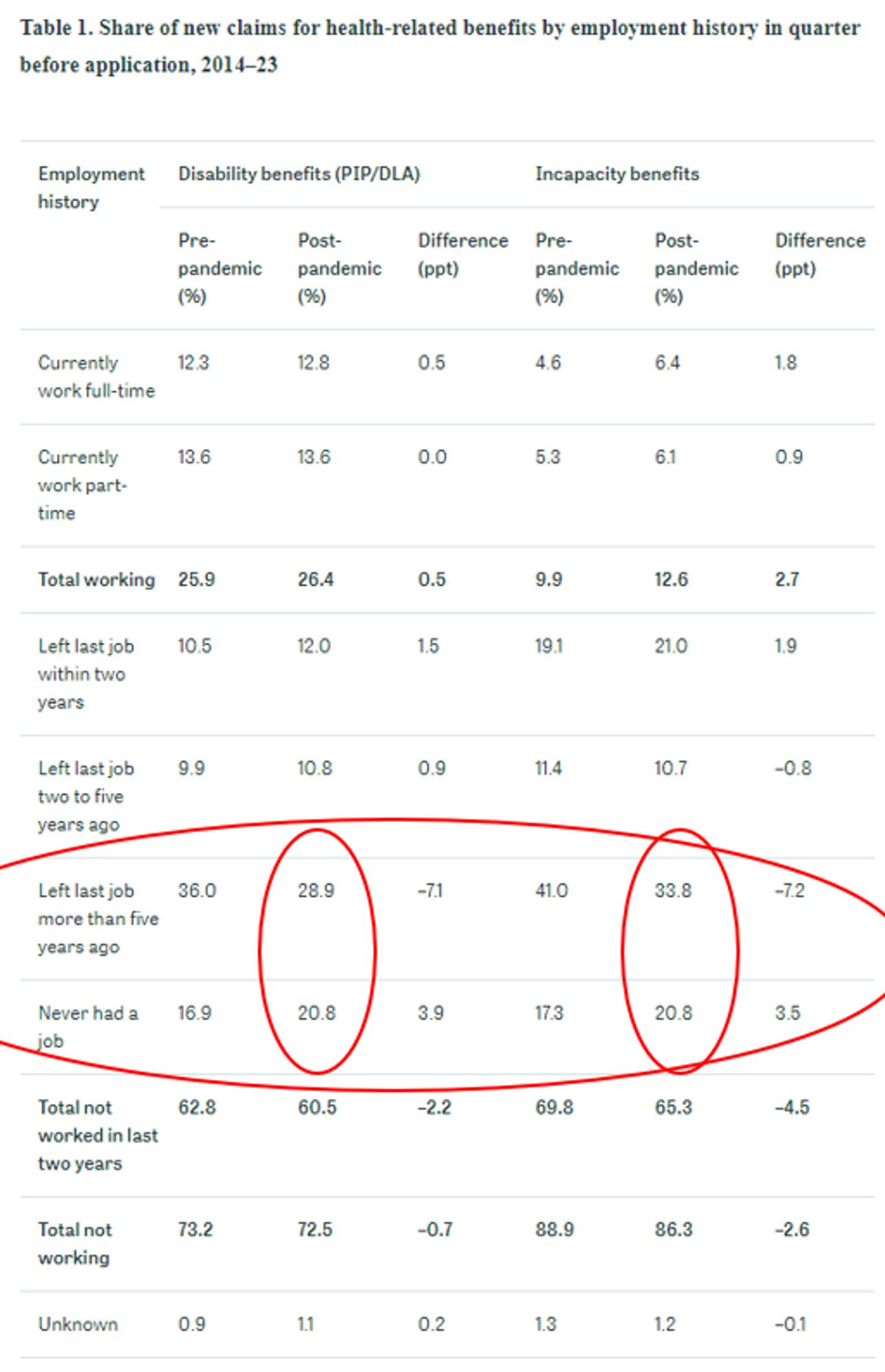
As part of our project exploring how to make remote and hybrid work more inclusive for those with disabilities and long-term health conditions, we are keen to interview employers about their own experiences in working in these ways: if you would like your voice heard, do please get in touch!

An interesting read about the short-termist nature of back-to-office mandates: "Businesses need to thoroughly self-assess and listen to their employees prior to making any organizational changes. A culture issue is not solved by making people vacate their home desk for an assigned cubicle seat."

Amazon CEO Andy Jassy is mandating 5 days in the office for all employees. Here’s 3 things to expect when transitioning from a remote to an in-person work environment.
It may not be what some employers want to hear, but making time working in the office more voluntarily attractive to workers (rather than relying on mandates) is an increasingly important part of employee engagement strategies: even more so for workers with disabilities and/or health conditions.

Employer mandates and the nature of people’s jobs are the main reasons people are working in-person, according to a recent survey of employees. A survey of HR representatives finds about 9 in 10 emplo...
Excellent piece of work from @nestauk.bsky.social Nice summary here of the principles that can help build public support for climate policies (and arguably almost all policies) Public engagement, fairness and financial support/exceptions all key. These are explored in more detail within the report
And don't forget "with authority!" That'll really show em'
Hard not to see predictions like this as anything other than increasingly out of touch with the labour market in 2024: access to flexible working models is an important recruitment and retention tool for those employers who have embraced it, and reversing these new ways of working is unrealistic.
Apparently, 83% of UK CEO's expect staff to be back in office full time within three years. In what world, I ask? Don't expect productivity gains, workers will exit, + huge implications for equality and inclusion, part. for disabled workers. @irhws.bsky.social kpmg.com/uk/en/home/i...

UK CEOs look to generative AI and talent to drive sustainable growth
I know the McKeown hypothesis* is out of fashion but this is a big problem for public health as well as a problem in its own right. * That living standards have more to do with public health than healthcare or many public health measures.
1/3: Cost of living crisis is still biting. BBC radio 4 asked callers today about their household finances. One woman, in response to the question if she ever got a little treat, said: "I just want stability. Not great joy, or treats." Broke my heart & will stick with me.
Some really good (worrying) analysis here from @theifs.bsky.socialifs.org.uk/publications... Big story is how out-of-line UK is from rest of world, but most interesting bit for me is Table 1 on claims by time since last worked Half of *new claims* last worked 5+ years ago or never worked: 1/

While the headlines are currently dominated by large employers demanding a return to a five-day office week, we are keen to speak to organisations who have continued with remote and/or hybrid working to better understand their experiences: do please get in touch if you'd like your voice heard!

Hybrid work models combine remote and on-site work, which allows companies to take advantage of increased productivity and reduced costs while maintaining the benefits of face-to-face interaction.
